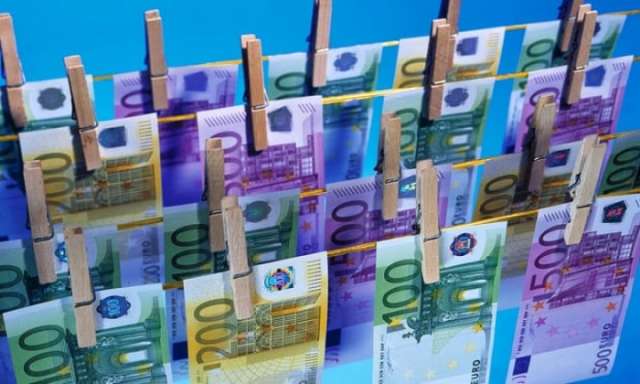The revised terms of the EU’s fourth anti-money laundering directive include:
A requirement for companies to disclose their beneficial, or true, owners in a publicly available register.
Data on the beneficial owners of trusts to be available to tax and law enforcement authorities, as well as sectors with an obligation to follow anti-money laundering rules, such as lawyers.
A requirement for member states to verify beneficial ownership information submitted to their registers.
Extending anti-money laundering and counter-terrorism regulations to apply to virtual currencies, provision of tax services and those dealing in works of art.
EU member states will have 18 months to transpose the new directive into domestic legislation. As a current member of the EU, the UK will implement the legislation.
“This is a big breakthrough and confirms that full transparency of corporate ownership is now the global standard against which other countries will be judged,” said Laure Brillaud, the anti-money laundering policy officer at Transparency International EU.
“The EU deserves credit for taking this bold leap to end the secrecy that facilitates corruption, tax evasion and other crimes.”
Global Witness applauded the move “in the face of opposition from countries like the UK, Luxembourg, Ireland, Malta and Cyprus,” but criticised the failure to introduce the same requirements for trusts.
Unlike companies, which are legal entities, trusts are effectively agreements between two or more parties, which has traditionally allowed them to escape aspects of tax and crime legislation.
“Today’s deal will make it much harder for the criminal and corrupt to use EU companies, but trusts are an even better ‘getaway car’. They are the ultimate black box, so secretive that even the taxman and the police can’t see who is behind them,” said Murray Worthy, a senior campaigner at Global Witness.
“Despite numerous scandals showing their use in cases of corruption and tax evasion, the deal reached today will do almost nothing to tackle this.”
The changes also include new rules on the use of pre-paid cards. The cards, which are issued by companies including MasterCard and Visa, can be loaded with cash and used online and in shops without need for the same checks as are made on debit and credit card payments. After the terrorist attacks in Paris, French authorities found that the perpetrators had used prepaid cards in their preparations.
Under the revised rules, member states will have to limit how much can be spent anonymously to €150 in a shop and €50 online.
The agreement is likely to make it harder for the UK to resist imposing the same transparency standards on its network of crown dependencies and overseas territories, many of which are major tax havens.
Negotiations to revise the fourth anti-money laundering directive were launched partly as a response to publication of the Panama Papers in 2016. The leaked Mossack Fonseca files revealed how offshore companies are used to hide assets and wealth.
In his first UK lecture since leaving office, the former prime minister David Cameron said on Wednesday that “the cancer of corruption is developing, metastasising and becoming more commonplace, more complex, more multi-layered, elusive and ingrained”.
He also defended his record on engaging with the UK’s crown dependencies and overseas territories, which have consistently resisted international moves towards greater transparency.
More about: #Panama-Papers
















































